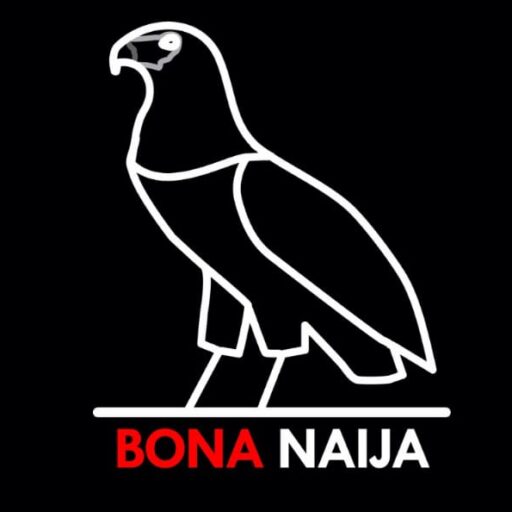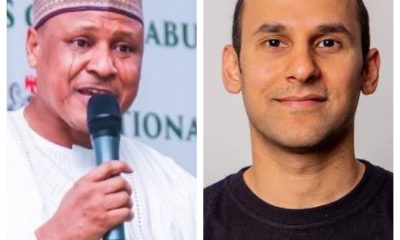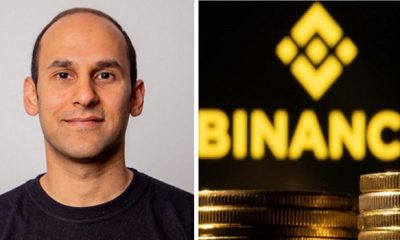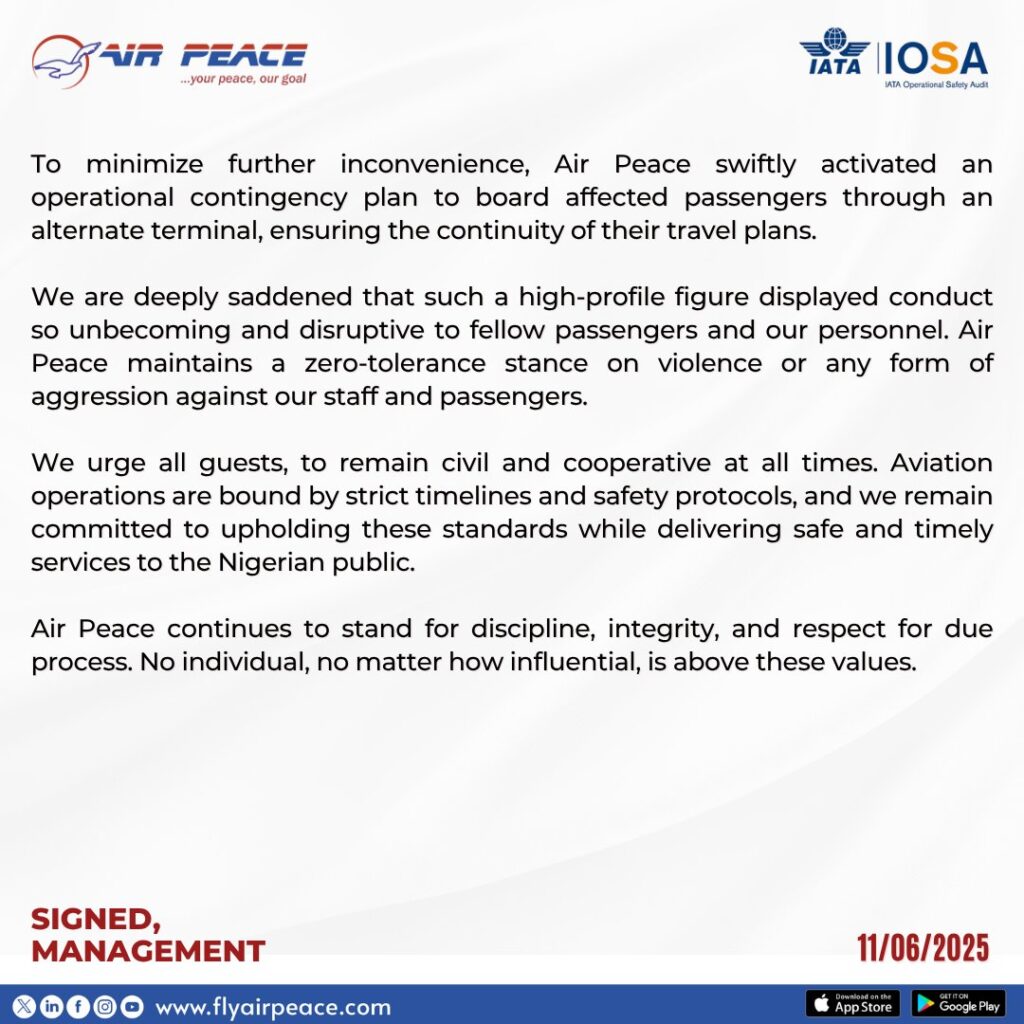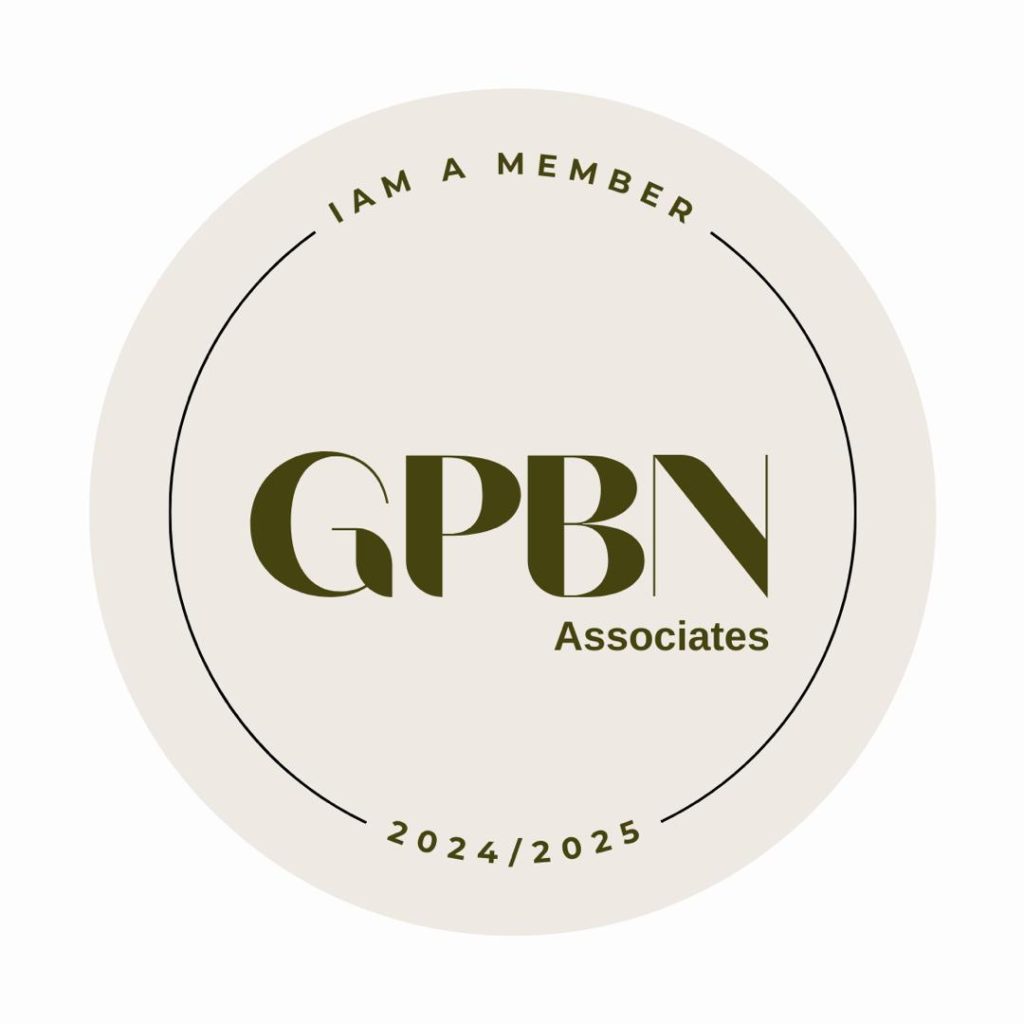As part of its broader strategy to stabilise the financial system and phase out pandemic-era reliefs, the Central Bank of Nigeria (CBN) has directed all banks to submit a detailed Capital Restoration Plan within 10 working days after the close of each quarter, beginning with June 30, 2025.
Each bank’s capital restoration plan must spell out how it intends to return to full regulatory compliance, the CBN said, stressing that it wants to see cost-cutting plans, asset quality improvements, possible risk transfers, and longer-term business strategy tweaks.
The new directives were outlined in a circular signed by the Director of Banking Supervision, Dr. OlubukolaAkinwunmi, published on the CBN’s website yesterday, are part of the central bank’s ongoing efforts to wind down the regulatory forbearance framework put in place during the COVID-19 crisis.
The transitional framework, according to the CBN, is designed to support affected banks in restoring full prudential compliance while promoting macro-financial stability.
The circular announced the termination of all COVID-19-era regulatory forbearance and waivers on Single Obligor Limits (SOL), effective June 30, 2025. This, it said, is aimed at restoring risk sensitivity in credit classification and provisioning.
To support asset quality clean-up, the apex bank has temporarily waived the requirement that banks retain fully provisioned loans for one year before write-off, enabling faster Non-Performing Loan (NPL) reduction for affected banks.
Additionally, the regulatory caps on Additional Tier 1 (AT1) capital recognition in the computation of Capital Adequacy Ratio (CAR) have been temporarily lifted from June 30, 2025, to March 31, 2026. The CBN clarified, however, that this move is “not a substitute” for the ongoing recapitalisationprogramme announced in March.
It stated: “In continuation of its commitment to safeguarding financial system stability and ensuring a credible and orderly exit from the regulatory forbearance regime introduced during the COVID-19 crisis, the Central Bank of Nigeria (CBN) hereby communicates a coordinated set of transitional measures. These measures are designed to support affected banks in complying with prudential requirements while facilitating a smooth exit from temporary regulatory concessions.”
On the capital restoration plan, it stated: “To complement the above measures and ensure forward-looking capital planning, all affected banks are required to prepare and submit a comprehensive Capital Restoration Plan to the CBN on or before the 10th working day, following the end of the quarter with effect from June 30, 2025.
“The plan should detail the management’s proposed strategies to restore full regulatory compliance, including (but not limited to) cost optimisation initiatives, risk asset reduction, significant risk transfers, and necessary business model adaptations.
“The plan must cover the entire period until full normalisation of capital and asset quality indicators are achieved. Plans submitted will be subject to regulatory review and approval, and will form the basis for continuous supervisory monitoring and engagement throughout the transition.”
Furthermore, on guidelines issued for immediate implementation and full compliance, it stated: “ Effective June 30, 2025, all COVID-19-related regulatory forbearance and waivers on Single Obligor Limits (SOL) shall be terminated. This step is aimed at restoring risk sensitivity in credit classification, provisioning, and asset quality assessments.
“Affected banks must align all impacted credit exposures with existing CBN Prudential Guidelines and other relevant regulations.
“To support asset quality clean-up, the requirement to retain fully provisioned loans for one year before write-off is temporarily waived for forbearance related facilities Banks may proceed with write-offs to reduce their Non-Performing Loan (NPL) ratios, provided internal governance requirements for such write-offs are met.”
Also, on restrictions on use of transitional reliefs, it stated that to ensure that retained earnings are conserved for capital strengthening and systemic risk mitigation, banks benefiting from these transitional concessions must adhere strictly to suspension of dividend payments.
Besides, it listed that bonuses to directors and senior management, and investments in foreign subsidiaries, as outlined in the CBN’s circular dated June 13, 2025, should be suspended.
These restrictions, it said, remain in force until capital levels and provisioning are fully restored to regulatory compliance.
“To promote regulatory transparency and support supervisory oversight, all banks are required to submit the following quarterly disclosures, effective June 30, 2025: Detailed provisioning status and reconciliation of affected credit exposures.
“CAR calculations with and without transitional reliefs. Classification migration data for restructured or impacted loan facilities. Comprehensive disclosure of AT1 instruments, including issuance terms, usage, and related conditions. The submission should reach the Director of Banking Supervision, not later than 10 working days following the end of the quarter with effect from June 30, 2025,” the CBN added.
The CBN urged all affected banks to stay closely engaged with its Banking Supervision Department for guidance as they navigate the transition. It also said it expects banks to fully embrace the measures, stick to strong risk management practices, and help strengthen confidence and stability in the financial system.
Follow BONA NAIJA for more





 Music Video4 weeks ago
Music Video4 weeks ago
 Feature2 weeks ago
Feature2 weeks ago
 Entertainment3 weeks ago
Entertainment3 weeks ago
 Feature4 weeks ago
Feature4 weeks ago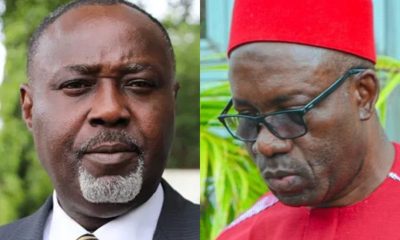
 Politics3 weeks ago
Politics3 weeks ago
 Music News3 weeks ago
Music News3 weeks ago
 SDGs Stories3 weeks ago
SDGs Stories3 weeks ago
 Entertainment2 weeks ago
Entertainment2 weeks ago
 Abuja3 weeks ago
Abuja3 weeks ago
 Politics2 weeks ago
Politics2 weeks ago

